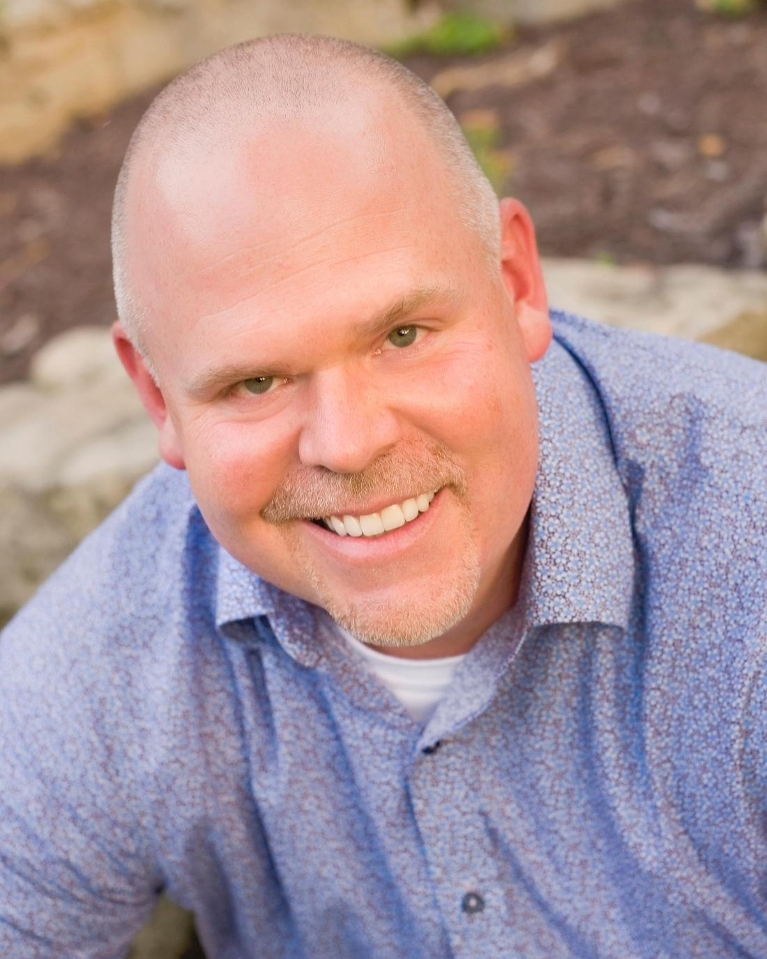Comprehensive Sleep Disorder Solutions at Fox View Dental
Are you tired of restless nights and groggy mornings? Sleep apneais a serious sleep disorder affecting millions of Americans, characterized by repeated breathing interruptions during sleep that can last from seconds to minutes. This condition occurs when throat and mouth muscles relax excessively, causing airway blockages that prevent proper oxygen flow to your body and brain. At Fox View Dental in De Pere, WI, Dr. Chad Yenchesky and our experienced team provide advanced sleep apnea treatment options to help patients from Green Bay, Allouez, Ashwaubenon, and Howard reclaim their restful sleep and improve their overall health.
Ready to transform your sleep quality? Call Fox View Dental at (920) 336-4201today to schedule your comprehensive sleep apnea consultation with your dentist in De Pere, WI.
Fox View Dental: Your Sleep Health Partners in De Pere
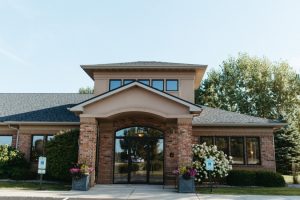
Our De Pere location offers convenient access to comprehensive sleep apnea care without the hassle of multiple specialist visits. We maintain close relationships with local sleep physicians, ensuring coordinated care that addresses all aspects of your sleep health. From our comfortable treatment rooms with woodland prairie views to our commitment to making every patient feel at home, we’ve designed our practice with your comfort and success in mind.
What is Sleep Apnea?
Sleep apneagoes far beyond simple snoring. While snoring may seem harmless, it often signals underlying breathing problems that can lead to serious health complications, including heart disease, stroke, diabetes, and cognitive impairment. Our dental practice specializes in comprehensive sleep disorder treatment, combining state-of-the-art diagnostic tools with personalized treatment plans. We understand that quality sleep is fundamental to your overall well-being, which is why we’re committed to helping you achieve the restorative rest your body needs.
 Snoring and Sleep Apnea
Snoring and Sleep Apnea
Snoring occurs when the tongue or other soft oral tissues near the back of the throat loosen, causing the airway to narrow and forcing air through the smaller opening. This causes the tissues to flutter, creating sound vibrations in the throat that we call snoring. When the snoring is so loud that it can be heard through walls, it’s referred to as heroic snoring. According to the American Academy of Sleep Medicine, about half of the global population snores at some point in their lives.
Types of Sleep Apnea We Treat
Understanding the different types of sleep apnea helps us develop the most effective treatment approach for your specific condition:
- Obstructive Sleep Apnea(OSA): The most common form occurs when throat muscles relax and block your airway during sleep. This type accounts for approximately 85% of all sleep apnea cases and responds well to oral appliance therapy.
- Central Sleep Apnea(CSA): Less common but more serious, this occurs when your brain fails to send proper signals to breathing muscles. CSA often requires medical management alongside dental treatment approaches.
- Complex Sleep Apnea Syndrome: Also called mixed sleep apnea, this combines elements of both obstructive and central sleep apnea. Comprehensive treatment typically involves multiple therapy modalities for optimal results.
Causes and Signs of Sleep Apnea
Common causes of sleep apnea include:
- Congestion
- Being overweight
- Excessive alcohol consumption
- Stress
- Enlarged Tonsils
- Sleeping on your back
Common symptoms of sleep apnea include:
Excessive daytime sleepiness/fatigue
- Waking up gasping for breath
- Snorting in your sleep
- Sore throat and dry mouth in the morning
- Headaches upon waking
- Irritability
- Difficulty concentrating
Health Consequences of Sleep Apnea
Unlike snoring alone, sleep apnea is considered dangerous because of the risks it poses to your overall health and well-being. Additionally, certain health consequences of sleep apnea can exacerbate the condition, which can lead to a cycle of worsening sleep apnea and spiraling health. Some possible mental and physical health consequences of sleep apnea include:
- High blood pressure
- Obesity
- Heart disease
- Type 2 diabetes
- Acid reflux
- Complications with medication and surgery
- Depression
- Insomnia
- Memory loss
- Sexual dysfunction
- Anxiety
- Decreased cognitive ability
Sleep Deprivation
Nighttime disruptions like loud snoring and disruptions caused by sleep apnea such as loud noises, tossing and turning, and waking up gasping, can deprive your bed partners of the sleep they need. Additionally, if your sleep disturbances are especially loud, sleep deprivation may extend to other members of your household.
Decreased Work Performance & Increased Accidents
The decreased cognitive function that people with sleep apnea may experience often decreases their work performance and increases the chances of accidents. According to the Journal of Clinical Sleep Medicine, people who suffer from obstructive sleep apnea inadvertently cause thousands of traffic fatalities every year. You’re also much more likely to cause accidents in other places you commonly frequent, such as at work and home.
Advanced Diagnostic Process
At Fox View Dental, we follow a comprehensive diagnostic approach to accurately identify your sleep disorder and develop the most effective treatment plan:
Comprehensive Oral Examination: Dr. Yenchesky evaluates your mouth, throat, jaw, and neck for anatomical factors contributing to airway obstruction.
- Medical History Review: We assess risk factors, including family history, lifestyle habits, and existing health conditions. Dr. Chad will also ask you questions about your health, your mood, and your sleep patterns.
- Sleep Study Referral: When indicated, we coordinate with local sleep specialists and sleep centers for polysomnography testing. A sleep study involves the monitoring of your vitals while you sleep, using electrodes attached to special equipment. These electrodes are attached to your skull and collect data.
- Results Analysis: Your specialist reviews sleep study data to determine severity and recommend appropriate treatment options.
- Custom Treatment Planning: We develop personalized treatment protocols based on your specific needs and preferences.
Our Snoring and Sleep Apnea Treatment Options
CPAP Therapy
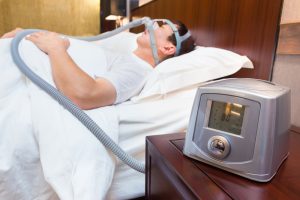
The pressurized air keeps your airways open, preventing the loosening and collapse of your oral tissues, making breathing easier, and allowing you to sleep peacefully. While CPAP is highly effective, approximately half of all patients are unable to remain compliant.
Some common problems people run into with CPAP therapy include the following:
- The noise can disrupt the patient’s sleep and their partner’s sleep
- The size of CPAP equipment can make it a hassle to manage or carry while traveling
- CPAP requires either an outlet or an expensive battery
- The discomfort of the mask often prompts patients to remove it in their sleep
- Treatment with CPAP can be costly/not covered by insurance
For reasons such as these, you might prefer treatment with an oral appliance.
Oral Appliance Therapy
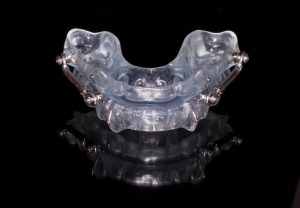
- Affordability
- Comfort
- Quiet
- Compact design
What To Expect From Oral Appliance Therapy:
If Dr. Yenchesky approves you for oral appliance therapy, you can expect three visits to our De Pere dental office. During your first appointment, Dr. Yenchesky and our dental team will take at least one hour to make recommendations and take dental records. These records can include: X-rays, impressions of your teeth, photographs, and other digital imaging using advanced dental technology.
During your second appointment, Dr. Yenchesky will take at least 20-30 minutes to fit you with your oral appliance. Your De Pere dentist will give you instructions on how to use and care for your appliance. During your final appointment, he’ll review your progress. He may need to take additional dental records to monitor your therapy.
Lifestyle Modification Guidance
Lifestyle changes for sleep apneacan improve the success of our other sleep medicine treatments. Weight management, sleep position training, and avoiding alcohol or sedatives before bedtime can significantly improve treatment outcomes. Our team offers practical strategies for implementing these changes effectively.
Benefits of Professional Sleep Apnea Treatment
Addressing your sleep apnea provides immediate and long-term health benefits that extend far beyond better sleep:
- Improved Cardiovascular Health: Treating sleep apnea reduces strain on your heart and circulatory system, lowering blood pressure and decreasing risk of heart attack, stroke, and other cardiovascular complications
- Enhanced Cognitive Function: Better sleep quality leads to improved memory, concentration, decision-making abilities, and overall mental clarity throughout the day
- Increased Energy and Alertness: Restorative sleep eliminates excessive daytime fatigue, improving work performance, driving safety, and quality of life
- Better Mood Regulation: Adequate sleep helps stabilize emotions, reducing irritability, anxiety, and depression while improving overall mental health
- Strengthened Immune System: Quality sleep supports your body’s natural defense mechanisms, helping you fight off infections and recover more quickly from illness
- Reduced Health Care Costs: Treating sleep apnea prevents serious complications that require expensive medical interventions, ultimately saving money on healthcare expenses
- Improved Relationships: Better sleep quality reduces snoring and nighttime disturbances, leading to happier sleep partners and stronger personal relationships
Who Benefits from Sleep Apnea Treatment
Sleep apnea treatment can dramatically improve the quality of life for various patient populations:
- Adults with Chronic Snoring: Individuals whose snoring disrupts household sleep or indicates potential airway obstruction
- Patients with Cardiovascular Risk Factors: Those with high blood pressure, heart disease, or diabetes who need comprehensive health management
- CPAP-Intolerant Patients: Individuals who struggle with traditional CPAP therapy compliance due to discomfort or lifestyle factors
- Active Professionals: People whose careers demand peak cognitive performance and can’t afford daytime fatigue or concentration problems
- Frequent Travelers: Patients who need portable, convenient treatment options that don’t require electricity or special accommodations
- Sleep Partners: Spouses or family members affected by loud snoring and sleep disturbances
Don’t let sleep apnea control your life any longer. Contact Fox View Dental at(920) 336-4201 to begin your journey toward better sleep and improved health.
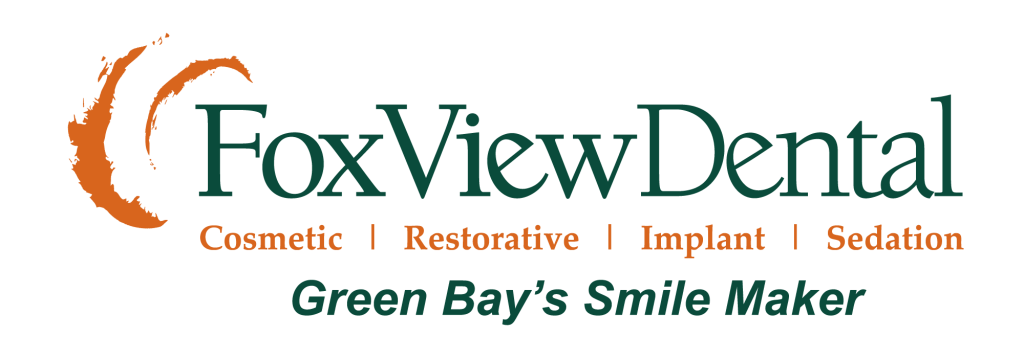
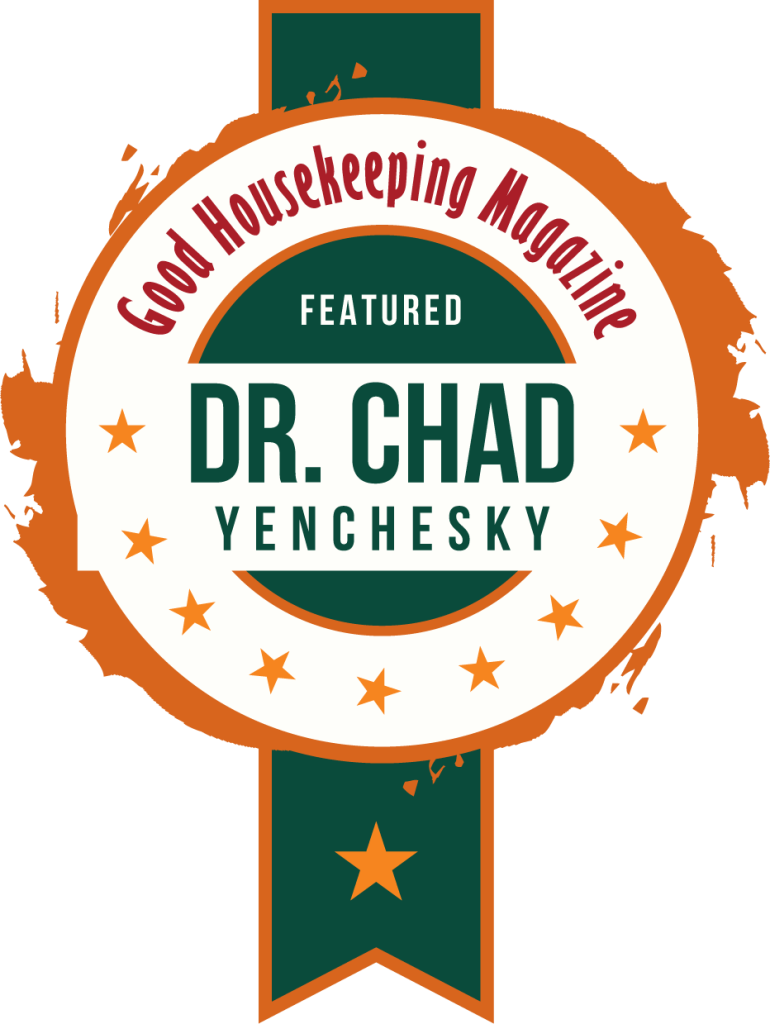
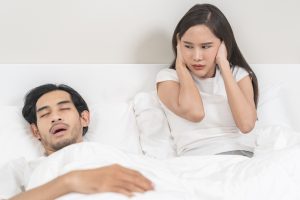 Snoring and Sleep Apnea
Snoring and Sleep Apnea Excessive daytime sleepiness/fatigue
Excessive daytime sleepiness/fatigue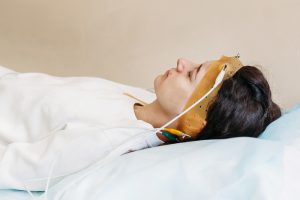 Comprehensive Oral Examination
Comprehensive Oral Examination